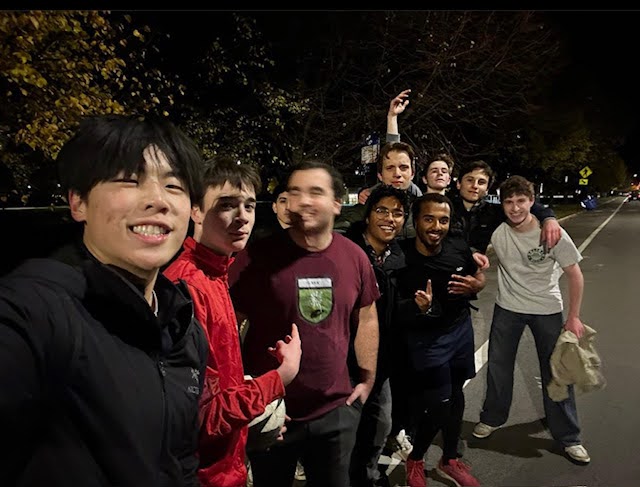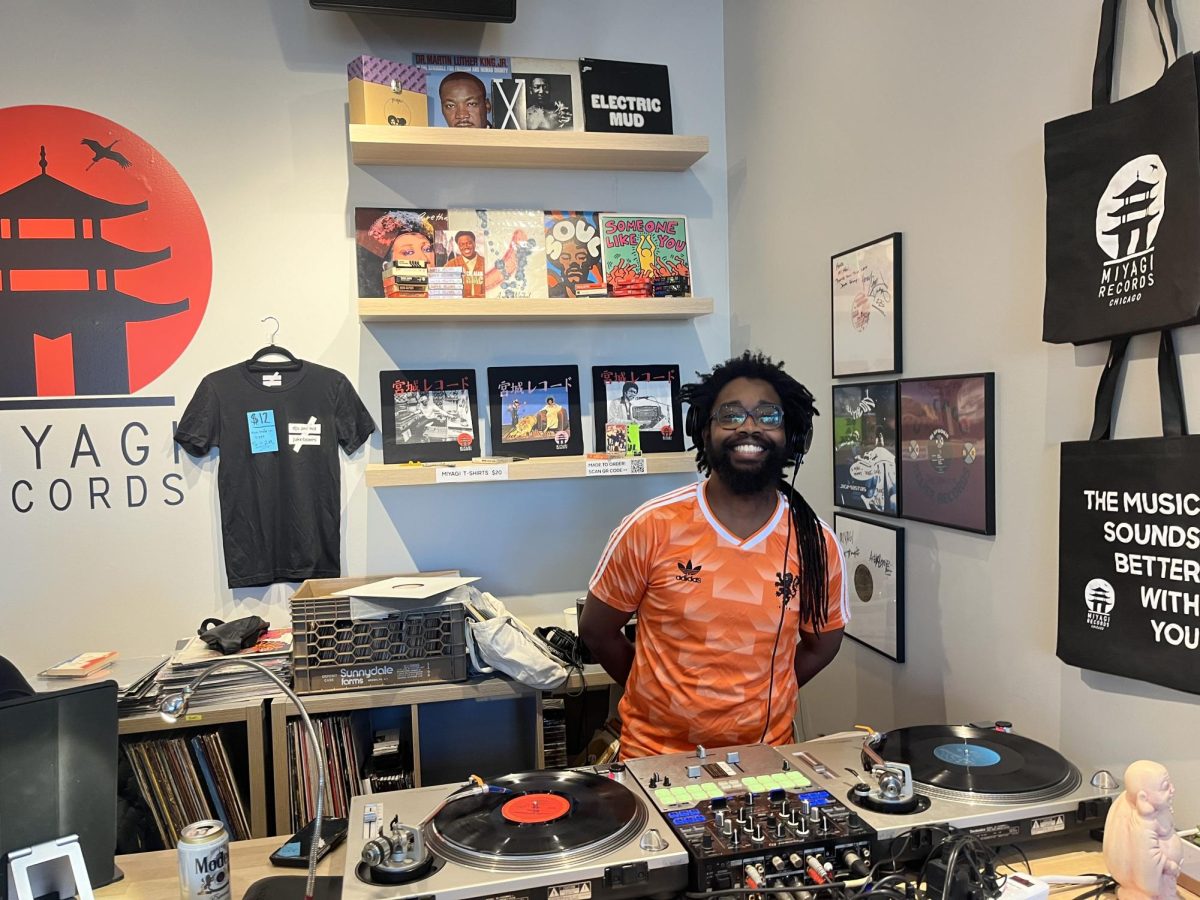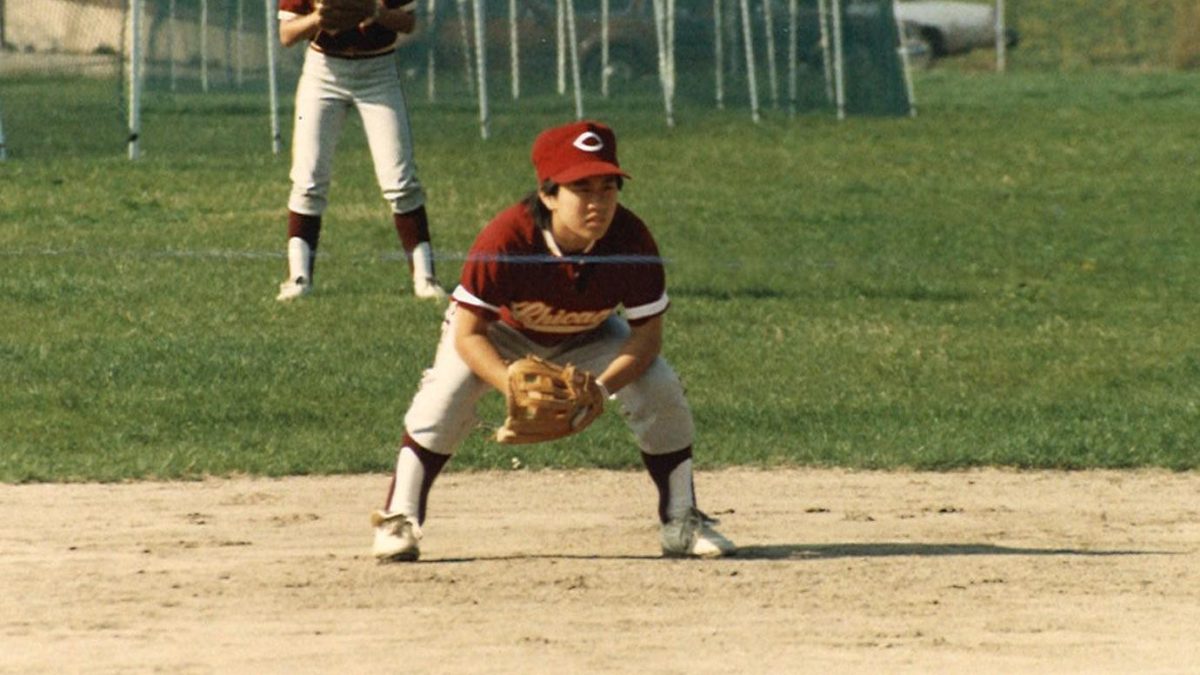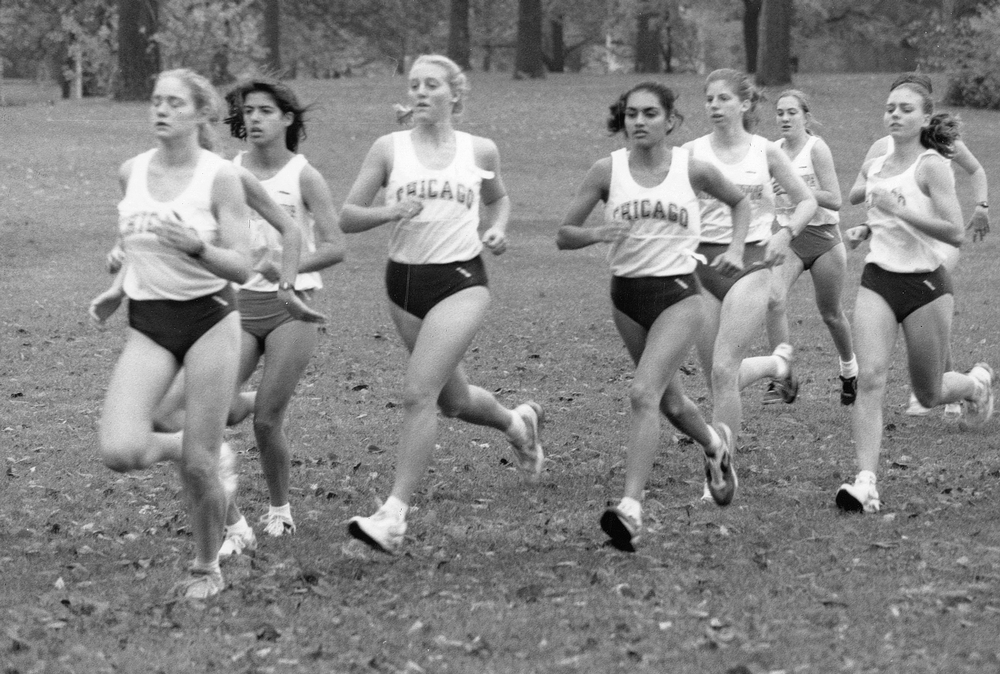Although the sport of soccer is celebrated for its combination of skill and athleticism, it is driven just as heavily by the intangibles of intelligence and instinct. It’s in this latter category that fourth-year Jonathon Cartwright excelled.
Cartwright knew he wanted to wear maroon and white after meeting former Chicago head coach John O’Connor at a Notre Dame soccer camp. Originally, he didn’t expect to play much in his first year, but O’Connor had other ideas.
“My impressions and expectations of Jon was that he would make an impact on our program from the get-go,” O’Connor said. “He fit in very well and was a starter from day one.”
In O’Connor’s lineup, Cartwright’s speed and technical skill made him a staple at the right fullback position, and his steady presence defined his role as an on-field general, even as an underclassman.
“His ability to lead, first by example and then through his knowledge of the game, came through in the trust his teammates had in him whenever they stepped on the field,” O’Connor said.
After the 2005 season, O’Connor left to take up the head coaching position at the University of Rhode Island. The transition from O’Connor to new head coach Scott Wiercinski was demanding, but Cartwright’s talent and work ethic proved to be a pivotal cornerstone for a young, rebuilding team.
“He was a guy we could count on from day one,” Wiercinski said. “We knew what we were going to get from him, in terms of being consistent, in terms of being reliable, in terms of putting forth a great effort and being a very dedicated player. From a coaching perspective, it was the ideal raw material to work with.”
For Cartwright, the adjustment period solidified his role in the backfield.
“I definitely evolved from being a standoffish young player who followed orders to someone who is less technically oriented and more tactical—giving advice to younger players on how to position themselves and when to do things and when not to,” he said.
“He did more talking and coercing and that type of leadership, which pays a little more in the dividend column,” Wiercinski adds. “He was a consistent, reliable player on a day-to-day basis. It earns you respect and the credibility—to do all of those things without forcing any of it.”
With the loss of key players from the prior season, Cartwright was forced to play out of position. Moving to central defense was not only a test of his adaptability as a defensive player but also an exercise in determination—determination to improve his game and determination to win. In 2006, Cartwright established himself as a recognizable leader on the pitch, anchoring Chicago’s back five to an impressive 0.80 GAA and a second consecutive postseason appearance.
But numbers and statistics can’t sum up the significance of Cartwright’s career. His name doesn’t show up in any of the program’s record books, and he’s not a career or season leader in any named category—he has all of three assists to his name.
His importance can only be expressed in the broadest of terms. His fluency emerges from his ability to read the game. His longevity is a result of his enduring fitness, which ensured that he has only missed two games his entire career. His love of the game resides in all the stories and anecdotes he’s collected about his time as a Maroon.
His playing style, which Wiercinski described as “sometimes a little unorthodox,” became his trademark, necessity paving the way for invention every time Cartwright juked around an opposing player in order to put the ball into play instead of hoofing the clearance as far as possible.
Cartwright put together so many complete performances over his four-year career that picking out just one defining game would be inadequate, but his last game at Stagg Field was one to remember. Sometime during the 110-minute encounter, the game became about more than just the season closer and the rivalry with Wash U. The result seemed to hinge on Cartwright’s—and by extension, the Maroons’—mission to keep the ball out of the Chicago net. The match ended 0–0, and Cartwright’s career ended with a clean sheet.
Although he would never claim any personal credit for the complete team effort put forth that day, Cartwright does take pride in certain aspects of his game—his strength lies in his patience, and he enjoys forcing his opponent to make the first move.
“Confidence is a big thing,” he said. “Whenever I’ve gotten beaten, it’s because I feel like guys are better than me, but if you go in thinking, ‘There’s no way you’re getting around me with the ball,’ most of the time, they don’t.”
Confidence, though certainly an intangible, nevertheless materialized in Cartwright’s game, taking shape not only in the form of his coaches’ faith and his teammates’ trust but in every single time he placed his body between his opponent and the goal.







